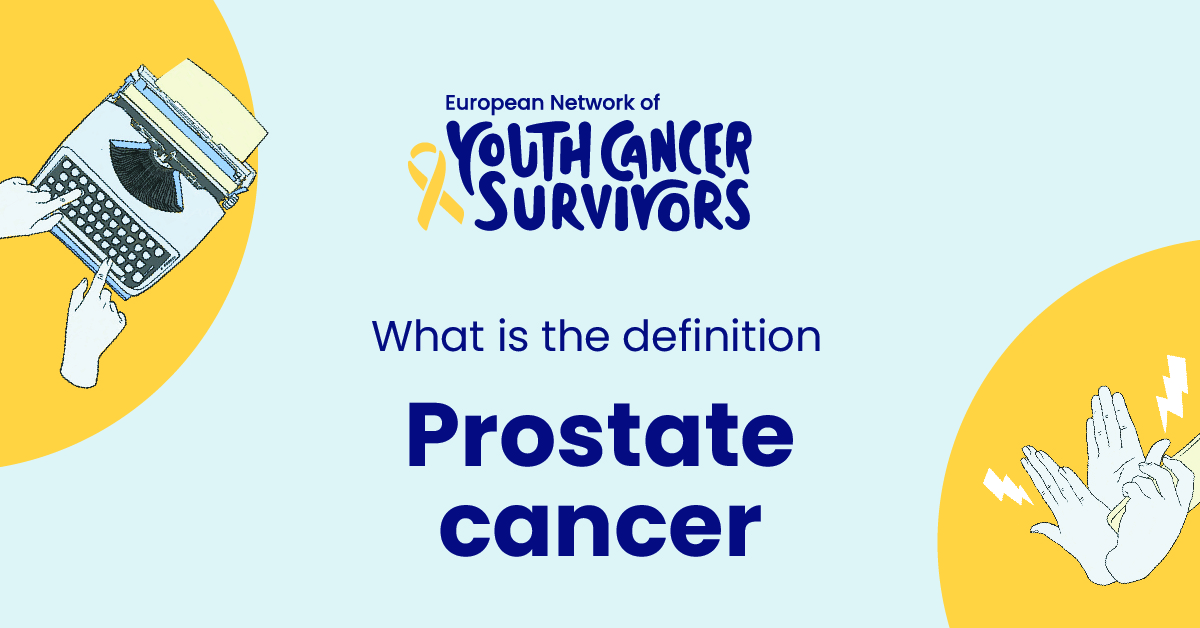
Prostate cancer has become one of the leading health concerns in men worldwide, with its rate increasing particularly in countries with increasing life expectancies. Understanding prostate cancer, its causes, symptoms, diagnosis, treatment options, and prevention strategies is essential in facilitating an early detection mechanism and reducing mortality rates. This article provides comprehensive insights into the topic.
What is Prostate Cancer?
Medical Definition of Prostate Cancer
Prostate Cancer is a type of malignancy that originates from the prostate, a small walnut-shaped gland in men that produces seminal fluid that nourishes and transports the sperms. The cancer cells typically grow slowly and are initially confined to the prostate gland, where it may not cause serious harm. However, aggressive types can grow and spread rapidly to other body parts.
Simple Explanation for the Lay Person
In simpler terms, prostate cancer happens when the cells in the prostate gland begin to grow irregularly and uncontrollably. Imagine your body as a city, and the cells as the population. In a normal city, the population grows orderly, but in the city with prostate cancer, the population explodes chaotically leading to many problems.
Causes of Prostate Cancer
Genetic Factors and Prostate Cancer
A person’s genetic makeup can significantly influence their susceptibility to developing prostate cancer. Men who have a family history of this disease have a higher likelihood of getting it. Specific variations of genes, including BRCA1 and BRCA2, are also associated with an increased risk.
Lifestyle Influences leading to Prostate Cancer
Lifestyle factors like diet and exercise can significantly influence the risk of prostate cancer. A diet high in red meat, saturated fats, dairy products is linked to a higher risk of prostate cancer. Conversely, a lifestyle built around physical exercise and a diet rich in fruits, vegetables, and fibers can help reduce the risk.
Other Possible Causes
Their age, race or ethnicity, and geography may also affect a person’s risk of developing prostate cancer. It is more prevalent in older men, African-American men, and men residing in North America, Europe, Australia, and the Caribbean Islands.
Symptoms of Prostate Cancer
Early Warning Signs
In its early stages, prostate cancer might not exhibit any symptoms. However, some men may experience changes in urinary behavior, including increased frequency, difficulty in starting or stopping, blood in the urine or semen, and pain while urinating.
Advanced Prostate Cancer Symptoms
If prostate cancer has spread to other parts of the body, symptoms might include bone pain, weight loss, and fatigue. It’s essential to seek medical attention if you notice any of these signs.
How Symptoms differ from other Prostate Conditions?
Most prostate cancer symptoms are similar to those of other prostate conditions like benign prostatic hyperplasia (BPH) or prostatitis, which can make it difficult to diagnose based solely on symptoms. Therefore, regular screening and consultation with your doctor are crucial.
Diagnosis of Prostate Cancer
Medical Tests and Procedures
Several tests can be used to diagnose prostate cancer, including a prostate-specific antigen (PSA) blood test, and a digital rectal exam (DRE). If these tests suggest cancer, further confirmation is sought through a transrectal ultrasound or a biopsy.
Role of Imaging in Prostate Cancer Diagnosis
Medical imaging technologies such as MRI, CT, or PET scans can show whether cancer has spread to other body parts or assess the stage of the disease, which helps in planning the treatment.
Biopsy and Histopathology: Confirming Prostate Cancer
Biopsy involves removing tissue samples from the prostate for laboratory examinations. Histopathology can confirm the presence of cancer cells, grade the aggressiveness of the cancer, and determine its stage.
Treatment Options for Prostate Cancer
Surgical Interventions
Surgery for prostate cancer involves removing the prostate gland (prostatectomy), often along with surrounding tissues and some of the lymph nodes. Robotic surgery is becoming increasingly popular due to its lesser side effects and shorter recovery times.
Radiation Therapy: What to expect?
Radiation therapy uses high-powered energy rays to kill cancer cells. It can be done externally (external beam radiation) or internally (brachytherapy). Side effects may include fatigue, urinary symptoms, and sexual dysfunction.
Hormonal and Chemotherapy: How they work?
Hormone therapy aims at stopping your body from producing testosterone, a hormone that accelerates the growth of cancer cells. Chemotherapy kills rapidly-growing cells, including cancer cells, and is usually reserved for use when the cancer has spread outside the prostate gland.
Get to know us better
If you are reading this, you are in the right place – we do not care who you are and what you do, press the button and follow discussions live

Living with Prostate Cancer
Emotional and Psychological Aspects
Living with prostate cancer can be emotionally challenging. Anxiety and depression are common among patients, stressing the need for emotional and psychological support, potentially including professional counseling.
Lifestyle Modifications
Maintaining an active lifestyle, consuming a healthy diet, keeping a healthy weight, and quitting smoking are some of the beneficial lifestyle modifications that can support overall health and potentially slow down the disease progression.
Support Systems
Having a robust support system that includes family, friends, communities, or support groups can significantly help deal with the physical and emotional burdens of the disease.
Prevention of Prostate Cancer
Role of Regular Screening
Regular screening can help detect prostate cancer in the early stages, potentially before it has spread. Although the exact age to start screening depends on individual risk factors, it is generally recommended for men over 50.
Diet and Lifestyle Changes
Adopting a healthier lifestyle, including a diet rich in fruits and vegetables, regular exercise, and maintaining a healthy weight, can decrease the risk of developing prostate cancer.
Importance of Early Detection
Early detection of prostate cancer can significantly improve the chances of successful treatment and survival. Therefore, regular check-ups and screenings are crucial.
Conclusion
Recap of Key Points
Understanding prostate cancer, from recognizing its early signs to knowing about the available treatment options and their side effects, is essential in battling this ailment. Moreover, modifications in lifestyle and regular screening can play a considerable role in its prevention.
Encouragement for Regular Check-ups
Regular medical check-ups and screenings are essential for the timely detection of prostate cancer. It can save lives and improve the quality of life of patients; therefore, everyone should encourage men in their lives to have regular check-ups.
Frequently Asked Questions (FAQs)
1. At what age should I start worrying about Prostate Cancer?
Starting from age 50, men should start getting regular screenings for prostate cancer. However, men with a higher risk factor, such as those with a family history, should start earlier.
2. Are there natural remedies for Prostate Cancer?
While certain foods and supplements may decrease the risk of developing prostate cancer or slow its progression, no natural remedies can cure it. A balanced diet, along with regular medications as prescribed by doctors, is most beneficial.
3. Can prostate cancer be prevented?
Making healthier choices, like eating a balanced diet, exercising regularly, and maintaining a healthy weight, can help to prevent not just prostate cancer, but any form of cancer.
4. If diagnosed with Prostate Cancer, what is the survival rate?
The survival rate for prostate cancer widely varies. Localized or regional-stage prostate cancers have a nearly 100% 5-year survival rate. However, it decreases significantly once cancer has spread to distant body parts.
5. Does a family history of prostate cancer increase my risk?
Yes, having a close family member—like a father or brother—diagnosed with prostate cancer, can double the risk of developing this disease.






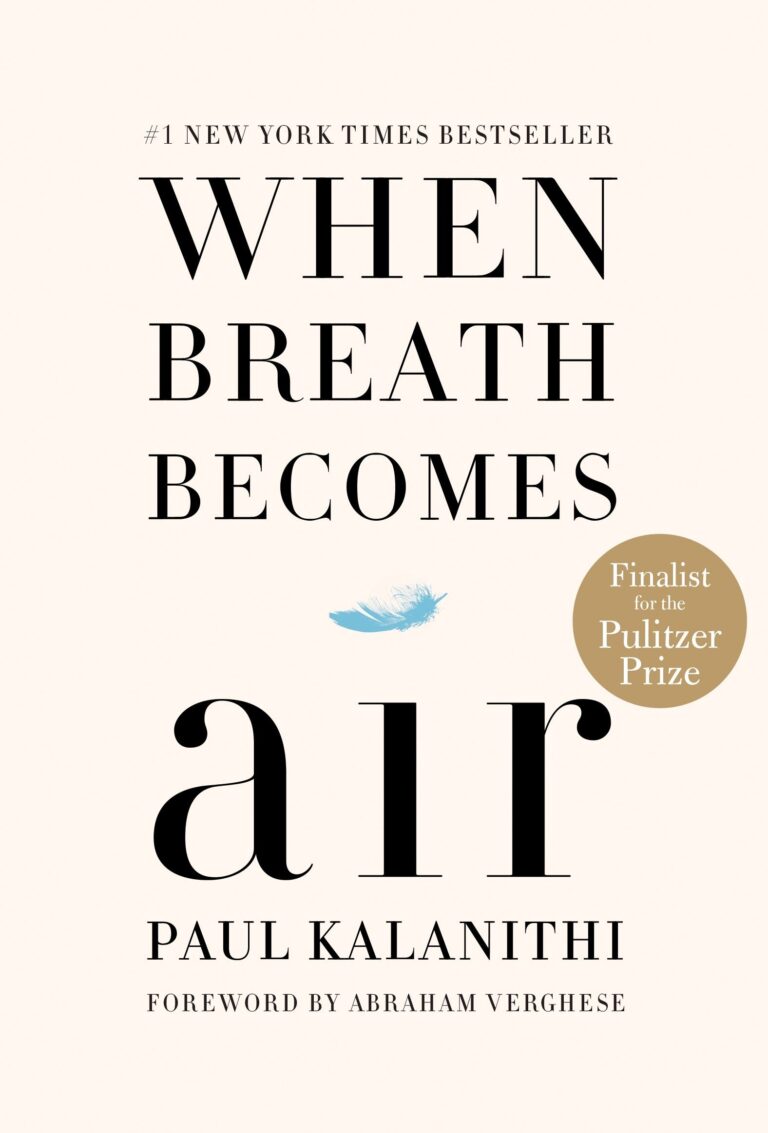
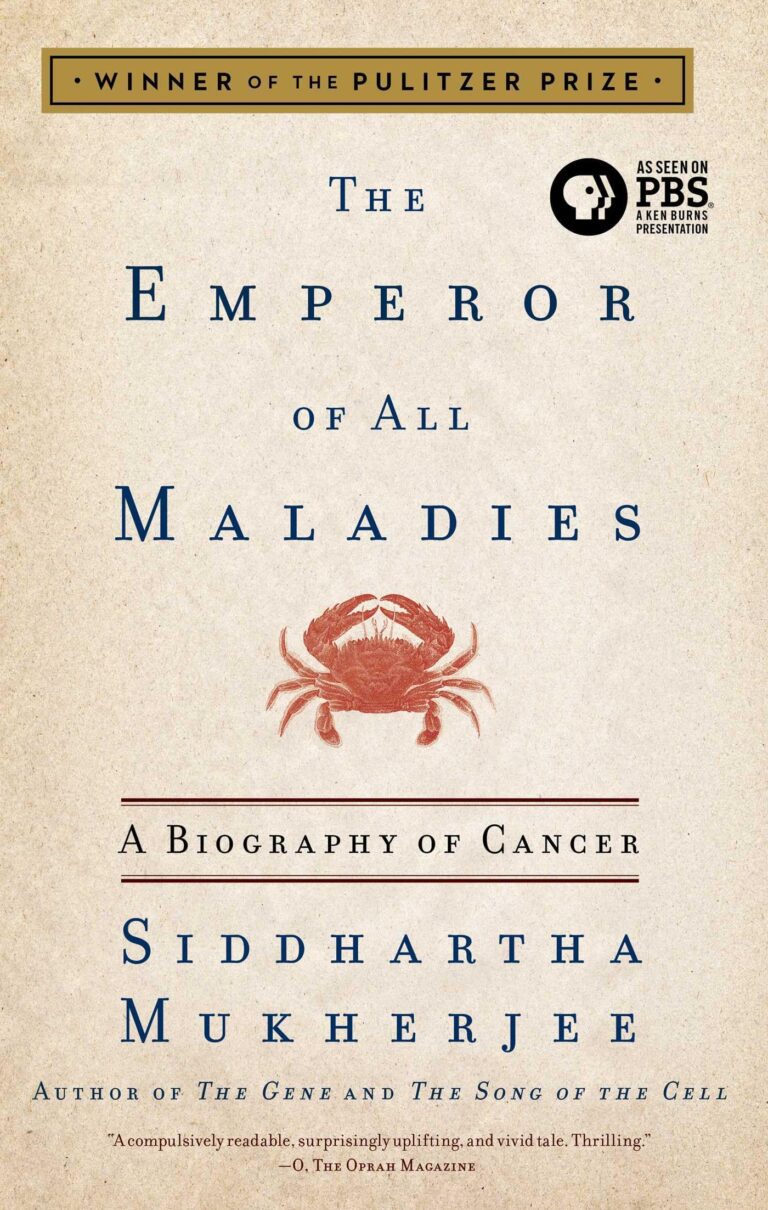
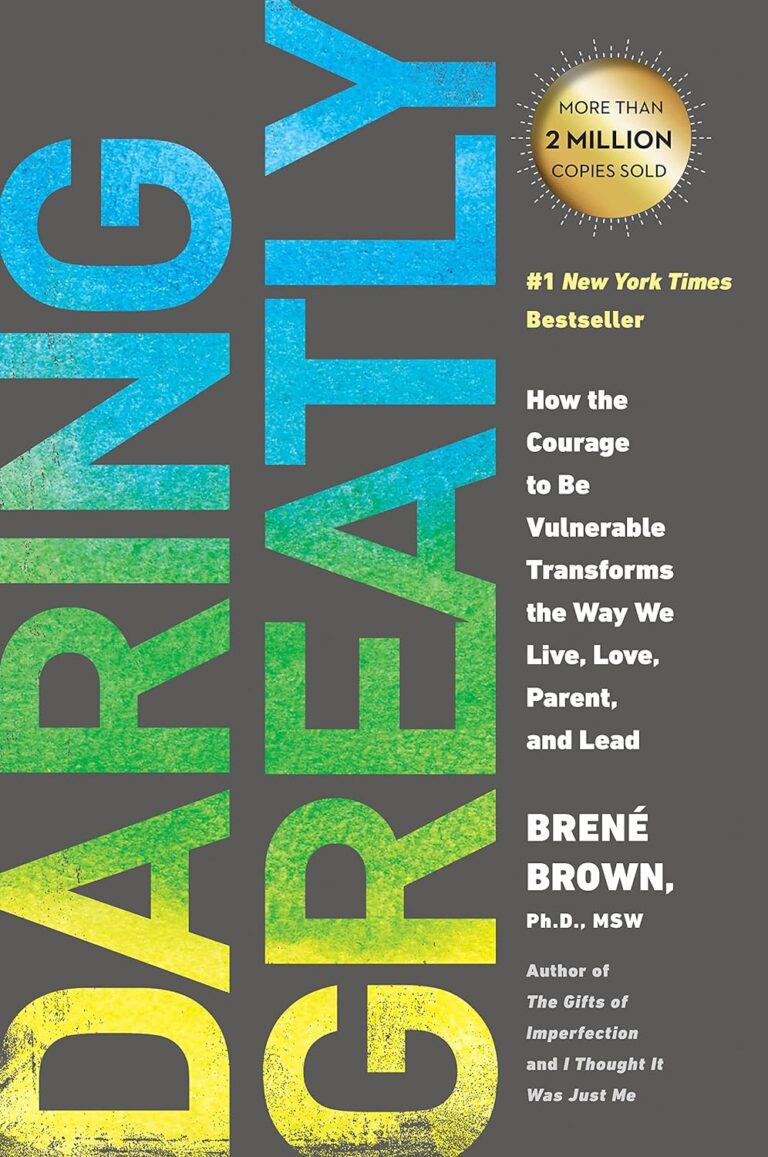





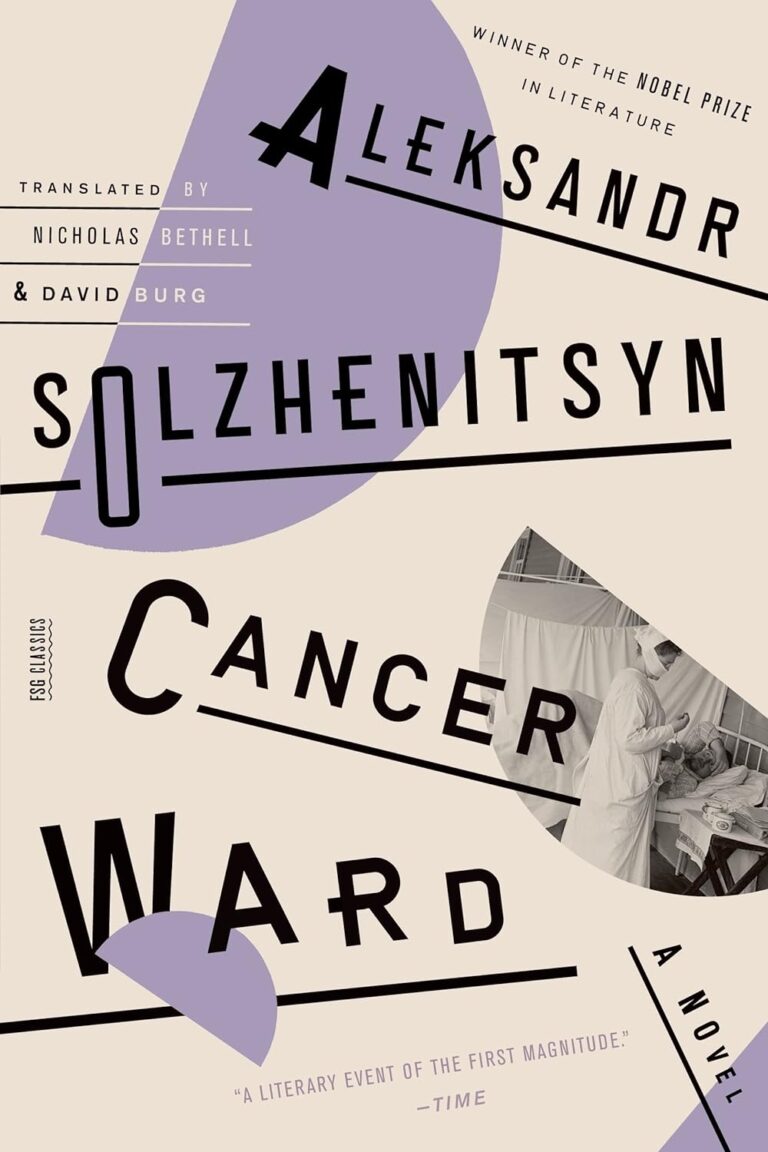
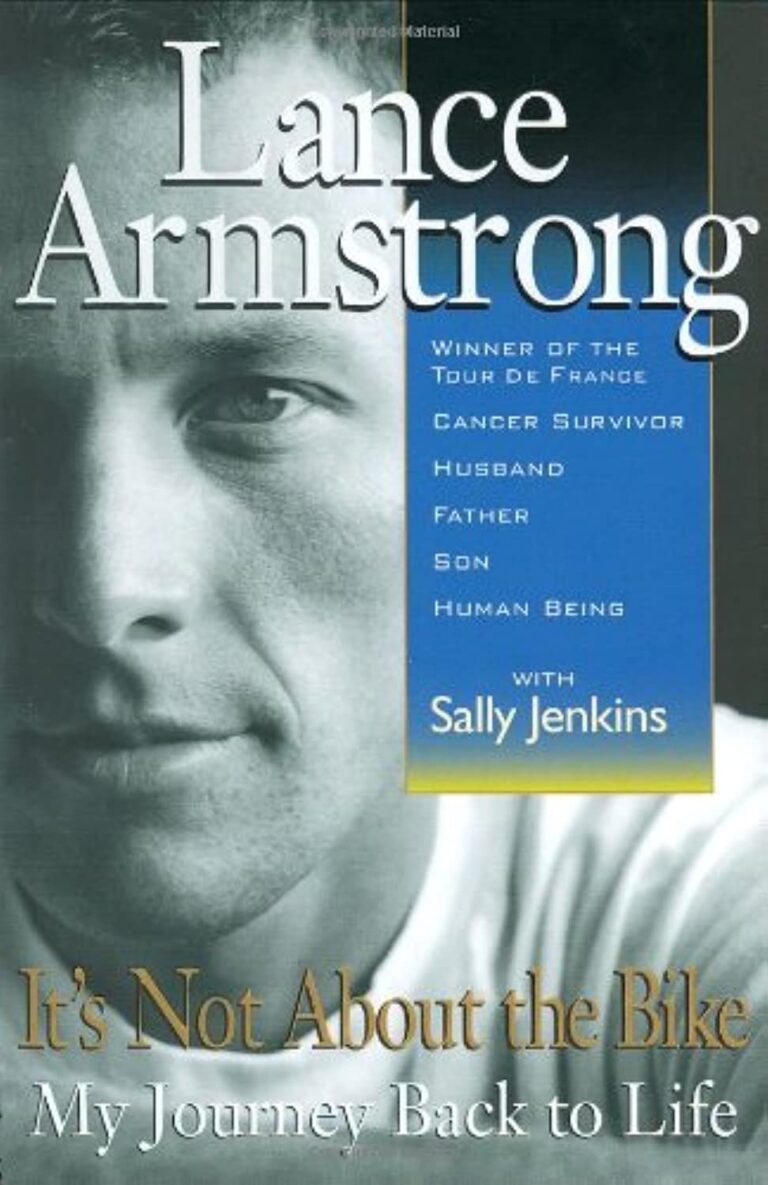

Comments
Thank you. Comment sent for approval.
Something is wrong, try again later